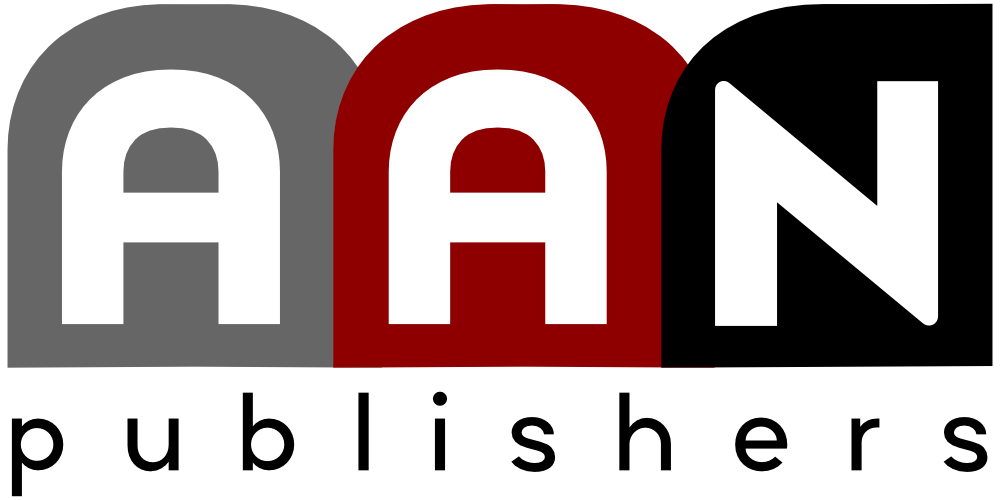In an interview with the New York Observer, Manhattan Media president and CEO Tom Allon says his new paper will no longer accept any "explicit" advertising. "We're probably kissing away about a million dollars a year in revenue," Allon says. "We're not making a moral or puritanical decision. We just believe in the long term, it's not best for the publication." Allon also announced that the Press's weekly circulation will be cut by approximately 50 percent, to 50,000, and that a Brooklyn edition of the paper will be introduced after Labor Day. He also tells the Observer that The Press will now be classified as an "independent" paper. "I've told all the people in the office that 'alternative' is a four letter word," he says, dubbing it "very '70's."
Earlier this year, Steve Horner filed a discrimination complaint against Denver's alt-weekly for running an ad for a ladies' night promotion at a local bar. Yesterday, a Denver county judge dismissed Horner's claim. "Now I know how black people in the early part of the last century felt about being cheated out of their civil rights," said Horner, perhaps overreaching. The Rocky Mountain News reports that as the trial ended, Westword editor Patricia Calhoun announced that she was running to the ladies room. Turning to Horner, she added, "You don't object, do you?"
The House Judiciary Committee yesterday passed H.R. 2102, a bill that would provide federal protection for journalists' confidential sources. A press release issued by a coalition of more than 40 media companies and organizations that support the measure, including AAN, applauded the committee's action. “The Free Flow of Information Act establishes important ground rules that balance the public interest in both the free flow of information and the fair administration of justice," says Paul Boyle, senior vice president of public policy at the Newspaper Association of America. "By enacting a federal shield law, the Congress can ensure that all parties -- journalists, sources, prosecutors, civil litigants and courts alike -- can rely on consistent and well-articulated standards of procedure.”
Alternative newsweeklies have always struggled to attract their fair share of political, public affairs and nonprofit advertising. Earlier this year, AAN commissioned a study by Fenton Communications -- the Washington, D.C.-based communications firm that represents MoveOn.org, Save Darfur, Rock the Vote, People for the American Way, and a host of other progressive organizations -- to find out why. The results of their research were mailed today to AAN publishers. While Fenton doesn't sugarcoat the problems alt-weeklies face in the political advertising space, they do offer several ideas about how we can improve our position. In the coming months, AAN will work on a number of action items contained in the report.
The columnist and Creative Loafing shareholder says his company's acquisition of the Chicago Reader and Washington City Paper is neither an "idealistic foray" nor a "hostile takeover of independent papers." The way Sugg sees it, the two papers were caught up in a "broader crisis in the publishing business" that their former owners weren't nimble enough to navigate. He also defends CEO Ben Eason, who hasn't exactly been welcomed with open arms in Chicago and Washington. "He believes alt-weeklies can help readers strengthen their communities," says Suggs. "Eason loves to see controversy in his newspapers. He admits mistakes, takes risks and has an ambitious vision for new media. His lieutenants often disagree with him; he listens ... sometimes."
- Go to the previous page
- 1
- …
- 58
- 59
- 60
- 61
- 62
- 63
- 64
- …
- 152
- Go to the next page








